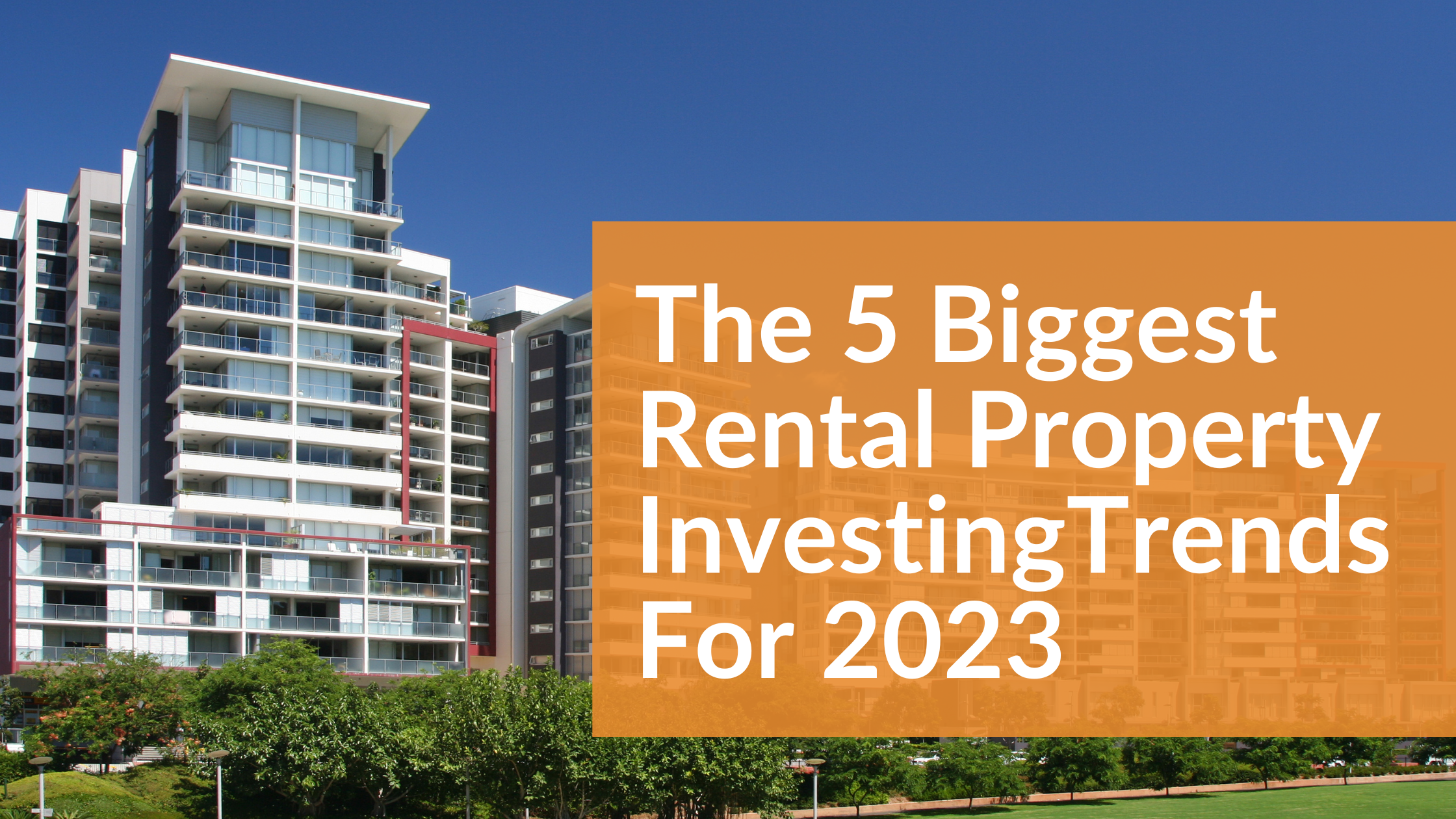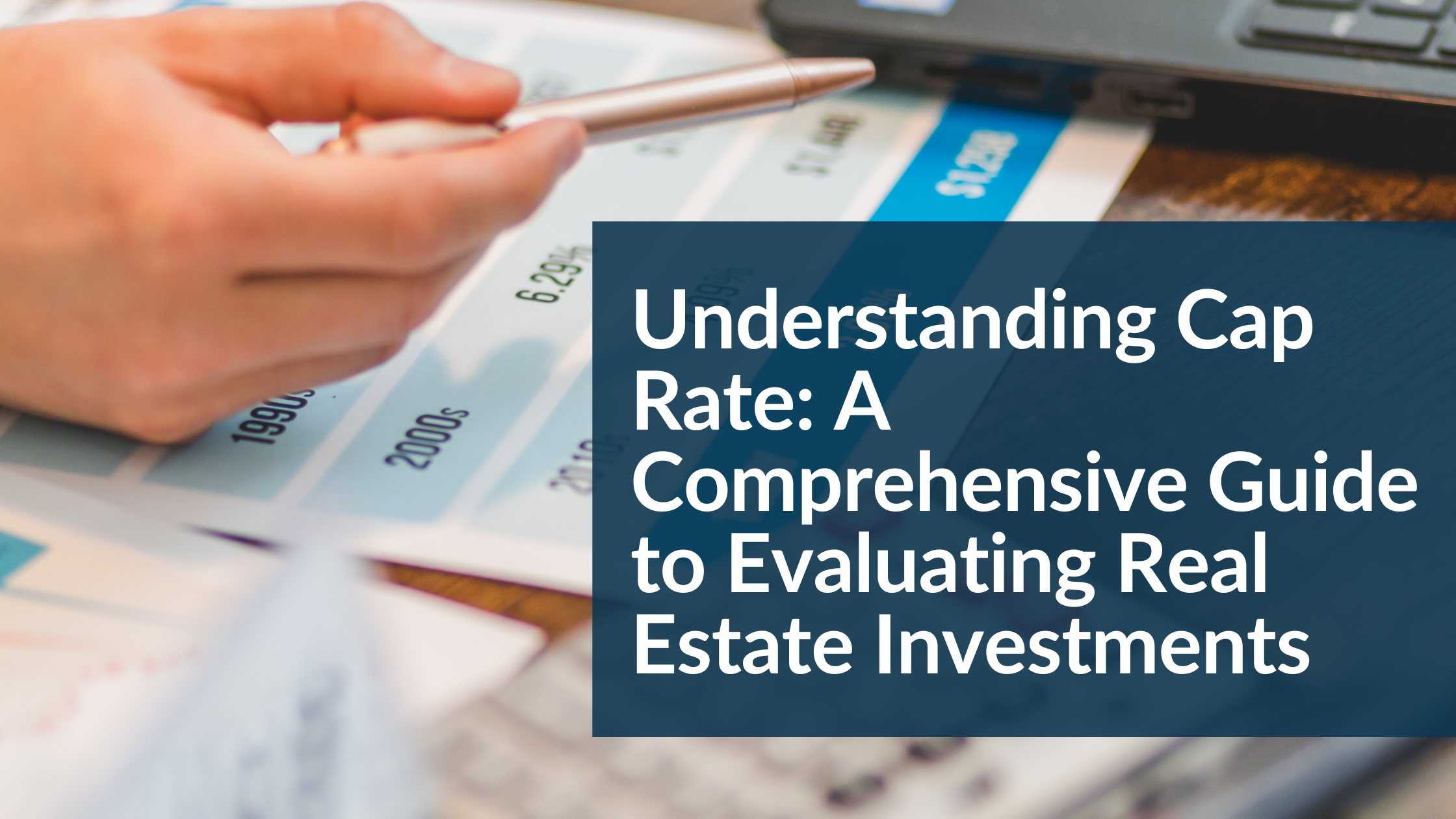Investing in Condos: Is It Worth the Risk? A 2023 Perspective
.png)
Putting money into real estate can be done in a variety of ways. Each investor has their own risk tolerance and market indicators that they use to choose when to cash out. Condominium investment, albeit not without its risks, seems to be undervalued in comparison to other real estate investment options. Condos are a good investment opportunity in the current market, even though they are not as popular as single-family or multifamily residences. Are condominiums a good investment? Because condos may provide substantial returns for astute buyers.
The short answer is "yes." Under the appropriate conditions, condos may be a fantastic financial investment. It's important to remember, though, that the ideal conditions will change depending on the specific investor and the specific market. Therefore, here is some information that will help you decide if condominiums are a good investment for you.
Are condos worth investing in?
When markets are strong and demand is high, condominiums can be a lucrative investment. Condominium investing, like any other kind of investment, has its uses. They can be highly profitable as long-term investments. Investors may get more than they paid for in HOA fees, but it is possible to recoup the cost of the mortgage and any additional costs by selling the property. However, each person must evaluate their personal circumstances to determine if condos are a good fit. To answer the question "are condos a good investment," you must first establish your objectives.
Condo investing can be a fantastic move, but it all depends on your end goals, your financial situation, and the type of exit strategy you choose. One market may be ideal for converting a condo into rental units, while another may be better served by a fix-and-flip plan. Whether or not a condo is a good investment depends entirely on the investor's ability to analyze the market, do all necessary checks, and implement the most lucrative strategy.
Do condos appreciate in value?
Condos appreciate in value, though not as quickly as detached houses.
Condo demand and prices plummeted during the COVID-19 epidemic, but both have recovered as people start moving back to densely populated areas.
Condo prices have increased by 22.7% since the beginning of the pandemic, and by 14.6% from the previous year, as reported by TheMReport.com. The average condo selling price is now $319,000.
The increased level of competition in the single-family home market has resulted in higher appreciation rates. The current real estate market is a seller's market since there aren't enough single-family homes to meet demand. Most homes get many offers, giving sellers the opportunity to raise the price in response to the market. In today's competitive market, buyers frequently raise their bids to better position themselves.
The slower pace of appreciation for condos can be attributed to the fact that they aren't as popular as single-family residences. However, the higher expenses of condo ownership, in addition to the lower demand, can dampen potential appreciation.
The new market that has emerged in the wake of COVID-19 may upset long-term tendencies, even if past experience has shown that condos do not value as quickly as single-family homes. At the very least, the nationwide increase in property prices due to the supply and demand imbalance is beginning to affect the condo market. Once again, supply falls short of demand when it comes to housing. Consequently, condos are becoming increasingly popular, driving up prices.
The pros of investing in condos
The time and effort put in before and during a condo purchase is directly proportional to the return on that investment. As a result, condo investors can expect a return on their initial investment. In light of this, condo investors can anticipate a number of benefits over the course of their investment:
- Low to no maintenance- Condominium developments require market research. Those in this demographic are either inexperienced homebuyers or retirees looking to downsize. Regardless, the low-maintenance lifestyle offered by condos is a major selling appeal. The proprietor is not responsible for performing these chores. They still need to take care of a few bushes and plants, but other than that, they may relax. This may not seem like a big deal, but in regions where severe weather is a problem, it can be a significant driver of demand.
- Amenities- Every condo out there has some sort of perks. Pools and round-the-clock security are only two examples. The greater the quality of the amenities, the more reasonable the monthly common expenses will be. Many homeowners enjoy swimming but have no interest in installing a pool. A seasonal feature like a pool may not be enough to sway buyers on its own, which is an obvious drawback.
- Price- Condominiums are typically more reasonably priced than comparable single-family homes. The market determines the few outliers, but generally speaking, the prices are lower. This facilitates the selling process.
- Cash flow- City hubs, university communities, and popular tourist spots are typical places to find condominiums. Condominium investors often get to enjoy a great rent-to-purchase price ratio, and this is true even if some investors believe that single-family homes provide better chances of growth over time. In most cases, condo owners can recoup most of their initial investment through increased rental rates (particularly for short-term rentals) due to the property's prime location. This means that condos may provide excellent rental income.
- Variety- In several areas, virtually all available homes look the same. Condominiums can vary widely from one another. The general public has the false impression that all condominiums look the same. In fact, several communities boast that their individual condos are distinctive in some way. There is interest among potential purchasers for this.
Cons of investing in condos
Condominium investment has inherent drawbacks, just like any other exit option. Throughout their condo investment, investors are likely to face some of the following drawbacks:
- Rental Policies- You should investigate the condo's rental policies before deciding to buy it as an investment property. In many communities, renting is prohibited by law. They don't want to reduce the proportion of owners living in the building. Parking restrictions, deck prohibitions, and paint color regulations may all be part of the fine print of your lease. Each community or organisation is free to implement its own regulations. You should check the complex's bylaws before making an offer.
- Fees- Amenities are fantastic, but not every homeowner is ready to pay the higher costs associated with providing them. Association costs can be as low as $100 per month and as high as $300 per month, depending on the complex. This is on top of the mortgage's usual monthly payments of principal, interest, and taxes. This may cause some potential purchasers to go over their threshold, making the sale more challenging.
- Comps- Getting the most money out of a condo resale is difficult because of the competition from other units in the complex. Researching nearby sales and listings is essential prior to listing a property. Every condo sale in the building can be used as a benchmark when marketing a unit. Your condo's asking price may not be able to go over the comps if it has the same number of bedrooms and bathrooms as its neighbors. It's possible that the price you can sell it for won't go up regardless of how much work you put into improving it.
- Limited market- The proper buyer can really appreciate all that a condo has to offer. This means that proper marketing to these demographics is essential. This means that you may not be able to generate interest in your home sufficient to spark a bidding war. When it comes to condos, investors share the sentiments of potential buyers. Selling can be more challenging if you have a small target audience.
- Parking- Condo residents frequently express their frustration about a dearth of parking spots. As a result, it's tough to host more than a small group of guests. The distance between condos can become a problem even if there will always be developments with greater space or larger driveways. Buyers often prefer owning to renting because they want their own space and independence. Extra parking spaces are a priority for most condo residents at some point.
How to invest in condos
Condominiums are not like single-family homes when it comes to investing. Therefore, prospective condo owners should follow these guidelines rather than sticking to a more conventional investing strategy:
- Determine if a condo investment is right for you: Think carefully about whether or not condo investing will help you achieve your end goal. Condominium investments are useless if they don't bring about the desired outcomes.
- Research the local market: Keep in mind the importance of doing your homework before investing in any market. Focus on its present condition as well as its potential future development. The goal is to put money into a promising market.
- Find a lender: Before you start looking for a property, you should investigate your financing options. Find a private or hard money lender in advance so that you have access to funds when making a property selection.
- Work with a reputable Real Estate Agent: Even though real estate agents are more expensive, they are a good investment that might end up saving you time and money. Just having someone who knows the market better than you is enough reason to hire an agent.
- Find out about the HOA rules and fees: Take the HOA's rules and fees into account before making any major moves. Costly HOA assessments can have a significant impact on a business's bottom line.
- Mind your due diligence: Be cautious and take precautions at all times. There is always some measure of danger attached to any investment, but you'll do better if you can limit your exposure to potentially disastrous circumstances.
- Find a good deal: You should now focus on making an offer on a specific property that meets your needs. Take into consideration all of the figures, and then make an offer on the home that works best with your objectives.
- Schedule a property inspection: Before you sign the final paperwork, have an inspector take a look at the property to be sure it's in the shape the owner claims it is in.
- Close on the deal: It's crucial to take a step back and figure out if condo investment is a good fit before jumping headfirst into the search for the perfect apartment listing. Condominium investing is very different from buying a single-family home, and it comes with its own set of advantages and disadvantages.
Will You Give Condo Investing a Shot?
Condominium investment may seem like any other sort of investment at first. Think about your motivation, time availability, and level of dedication, and evaluate whether or not your personal and financial objectives are compatible with the investment approach you're considering.
Condominium investing is attractive to many people since the entrance price is usually cheaper than that of a single-family home in many cities. Condominium investing can be a good option for some people, but you should consider the advantages and downsides before jumping in.
You should first consider your plans for the condo before deciding whether or not to purchase it. How, for instance, does condo ownership differ if you plan to own, rent, or use it as a vacation rental.
Condos as a first home
First-time homebuyers who are considering a condominium purchase would be wise to see the transaction as an investment opportunity. Paying down a mortgage also increases one's stake in a tangible real estate asset, unlike the case with a rental property. Paying off a mortgage is like making a forced investment instead of throwing money away every month on rent. Although rising interest rates may make it more difficult for many homeowners to put money away, building equity in a home is still a sound financial strategy. As if that weren't enough, the value of real estate is also likely to rise over time. That doesn't mean a condo's value is assured to rise, but it does mean the odds of its rising in value are higher than they were before.
Condo as a rental
Condos are a good option for investors seeking for a passive income stream because they can be managed similarly to single-family homes. However, there are distinctions that need to be made. Investors must first determine whether or not the condo is rentable. Make sure you can legally rent out the property, as some homeowners' associations and condo associations prohibit it.
Condominiums are similar to single-family homes from an investment perspective if there are no restrictions on the owner renting out the unit. Potential backers must verify that the financials check out. Is there enough income to pay the rent or mortgage, as well as any other expenses, and make the investment worthwhile?
Condo as a vacation rental
If you buy a condo as an investment property, you might be able to convert it into a short-term rental. The dynamics of the investment will shift naturally from short-term to long-term use. Therefore, investors must reconsider not only the home's location but also the numbers underpinning the purchase. First things first: condo investors need to buy in a hot area where they can count on high seasonal demand. It's crucial to keep in mind that the demand for rental properties varies greatly depending on the type of property. Therefore, investors will have to think about demand and maybe even the number of months they anticipate the property would remain empty.
Conclusion
When it comes to condo investing, there is no right or wrong decision. If the market is rising and the unit has worth to you, you should think about purchasing it. Before you get too far into a condo purchase, you need to know what you're getting into. For the condo resale package, please contact your real estate professional. This will cover all relevant guidelines and regulations. You can have more faith in an investment decision if you have more information about it. The same holds true for condo investments.
If you are looking at purchasing a condo as an investment or vacation rental and are needing a lender to help you with the process feel free to submit the details of your loan scenario using the link below.



